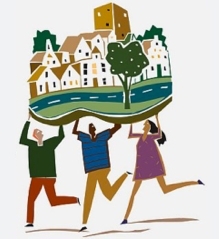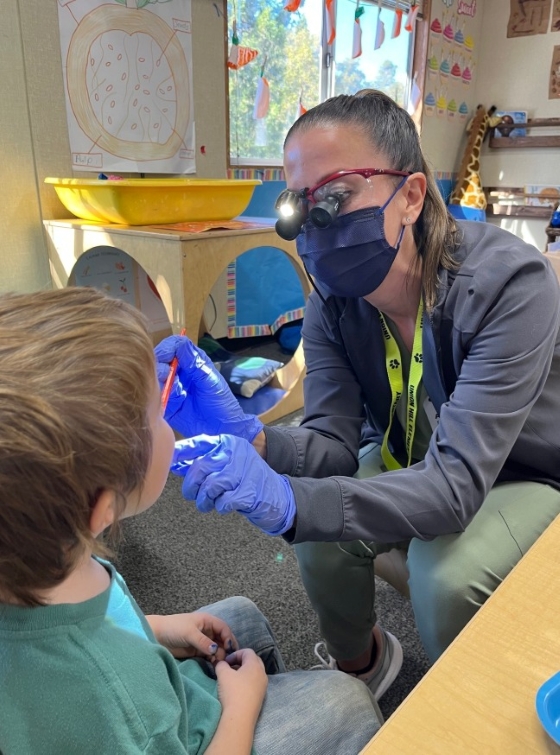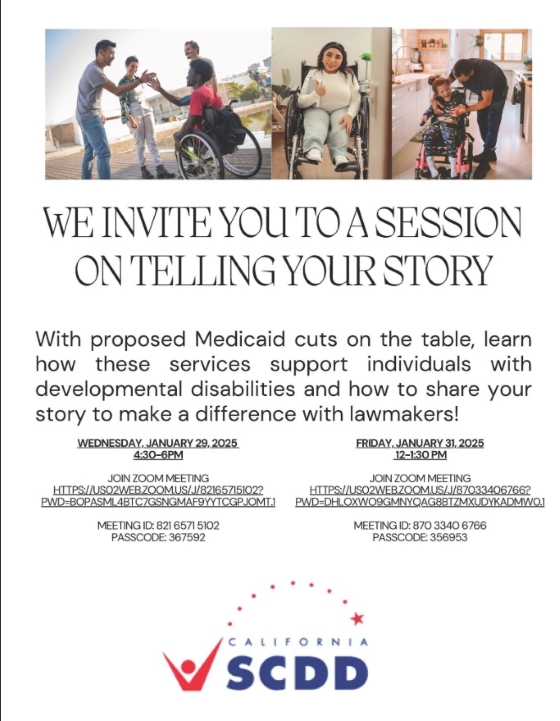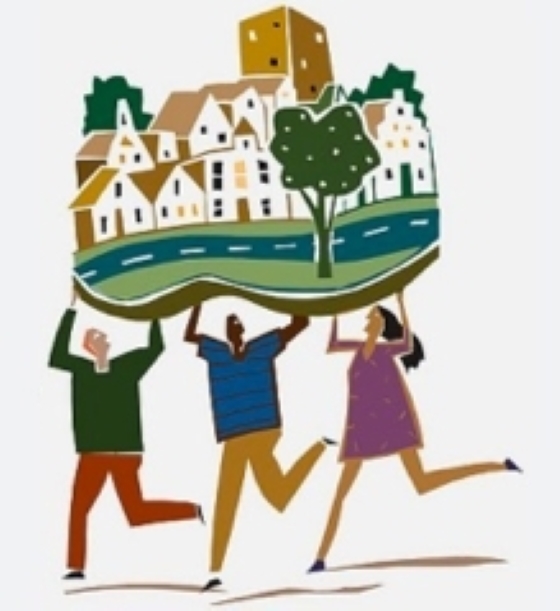 Updates to the Maternal Child Adolescent Health Program so you can spread the word to your clients who may be interested as we all settle into the coming year.
Updates to the Maternal Child Adolescent Health Program so you can spread the word to your clients who may be interested as we all settle into the coming year.
Firstly, the Baby Feeding Group has changed locations and starting next Monday, January 6th we will be meeting at Western Sierra’s location on Glasson Way, right across from the hospital. This group is open to mothers with their infants, drop-in, and no charge.
Secondly, we will be starting up a new session of Becoming Us on January 23rd. This class is held Thursdays 4-5:30 for 4 weekly sessions and is open to expecting families. The class focuses on communication, expectations, and preparation for the arrival of baby.
Lastly, our Parent Circle will continue to meet on Tuesdays 3-4pm at Sierra Nevada Children’s Services. This group is open to all parents and their little ones. Drop-in, no-charge, and when available participants go home with a $15 gas card!
Click on the links below to view the flyers










